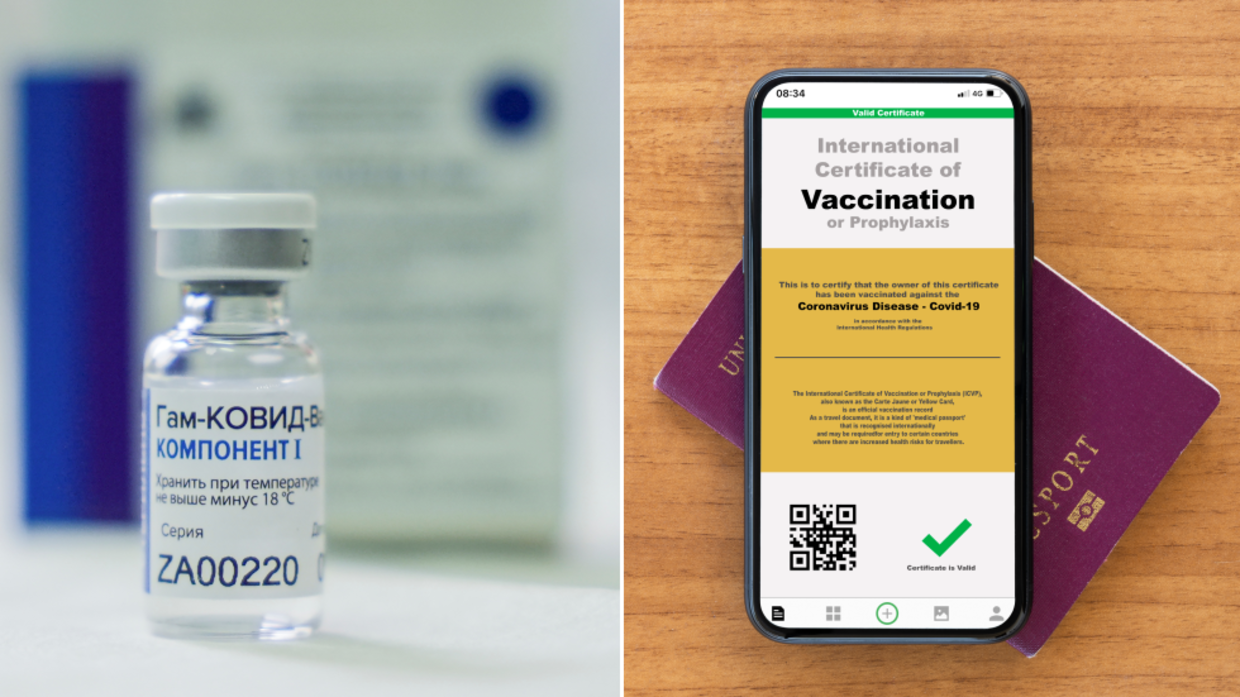The EU provided Russia with instructions on applying for recognition of Covid-19 vaccination certificates in July, but Moscow hasn’t completed the required documents, meaning inoculated Russians must still quarantine upon arrival.
That’s according to Markus Ederer, the formal German official who now serves as the EU’s ambassador in Moscow.
Speaking to the newspaper RBK, Ederer claimed that Brussels proposed mutual recognition of Covid-19 vaccine documents to the Russian Ministry of Health but is yet to receive a reply. If Moscow filled in the European paperwork, he stresses, Russian and EU certificates would be recognized in the bloc as completely equivalent.
Also on rt.com Russia’s Sputnik V vaccine finally set for WHO approval following removal of barriers, health minister says“Such equivalence decisions have already been taken for 16 countries, including Israel, Turkey and Northern Macedonia,” Ederer explained. “Another 15 countries are on the way. The Russian side has not yet prepared the necessary documents to be sent to the European Commission in Brussels.”
According to the ambassador, the worst thing about Moscow opting not to apply for mutual recognition is how much easier it would make life for people travelling in both directions.
“After all, travellers who have been vaccinated or who have contracted Covid-19 would then not be subject to quarantine measures,” he continued. Right now, Russians need to observe self-isolation when travelling to most EU countries.
Ederer also blamed Moscow’s actions for the EU’s non-recognition of the Russian-made Covid-10 vaccine Sputnik V, accusing the authorities of postponing inspections requested by the European Medicines Agency (EMA).
Also on rt.com Get vaccinated against Covid-19 or we won't fix your roads, Russian region tells citizens as country sees record deaths from virus“It is a technical process, not a political one. When Russian officials talk about delays and politicization from the European side, sometimes I think they are talking mostly about themselves, as they are the ones politicizing this issue,” he said.
Russia applied for recognition of Sputnik V earlier this year, and the EU started a rolling review in March. Seven months later, the jab still hasn’t been approved. The vaccine is also yet to be signed off by the World Health Organization, which complained about irregularities at a plant inspected by the international agency.
If you like this story, share it with a friend!

